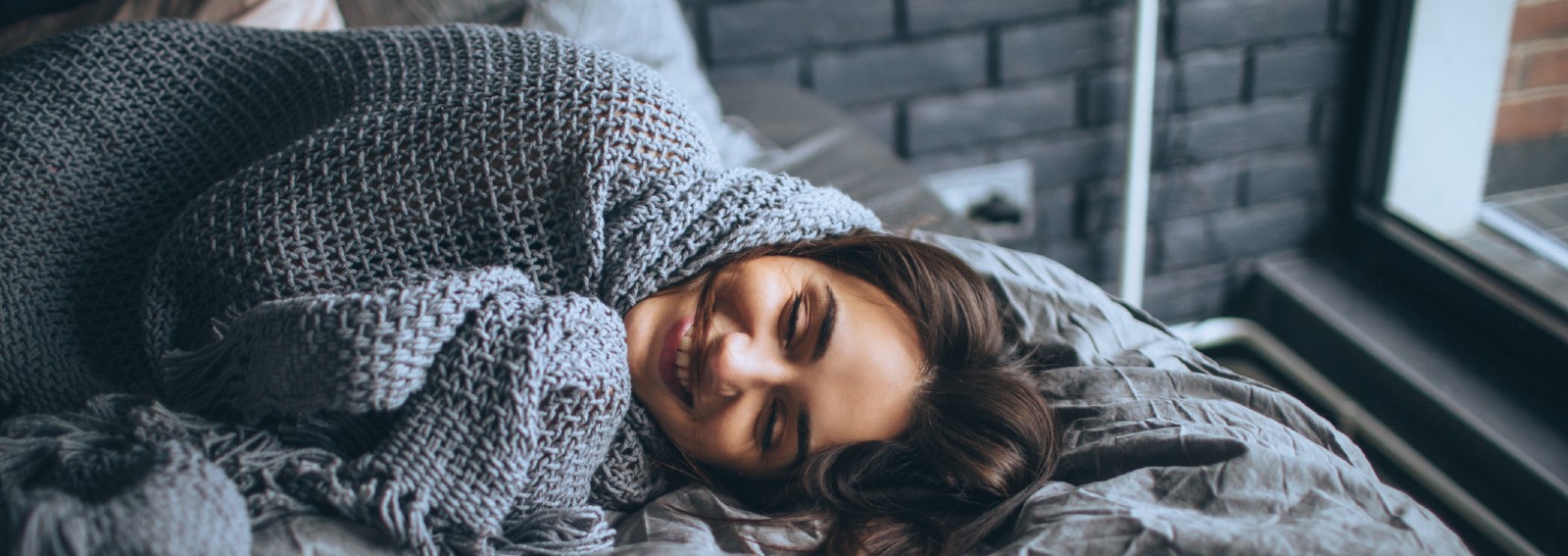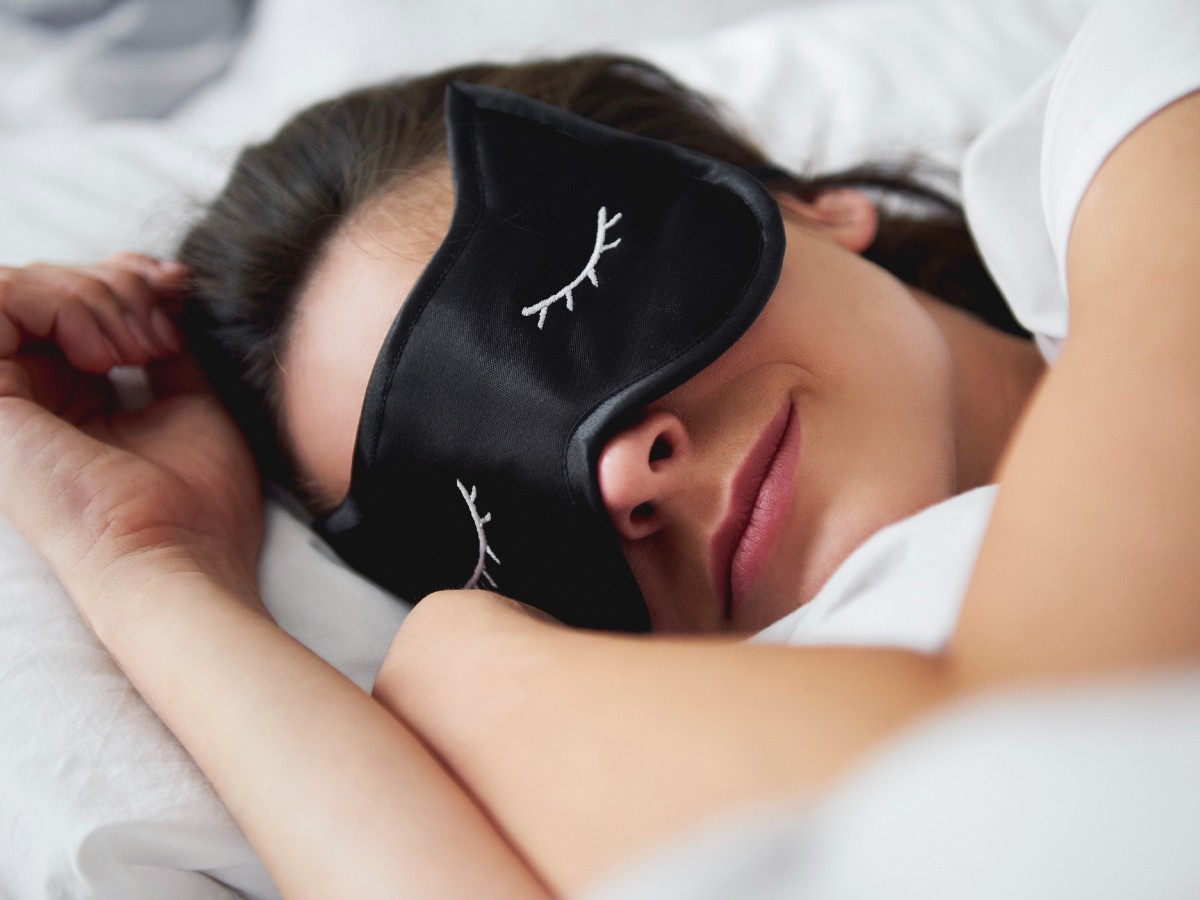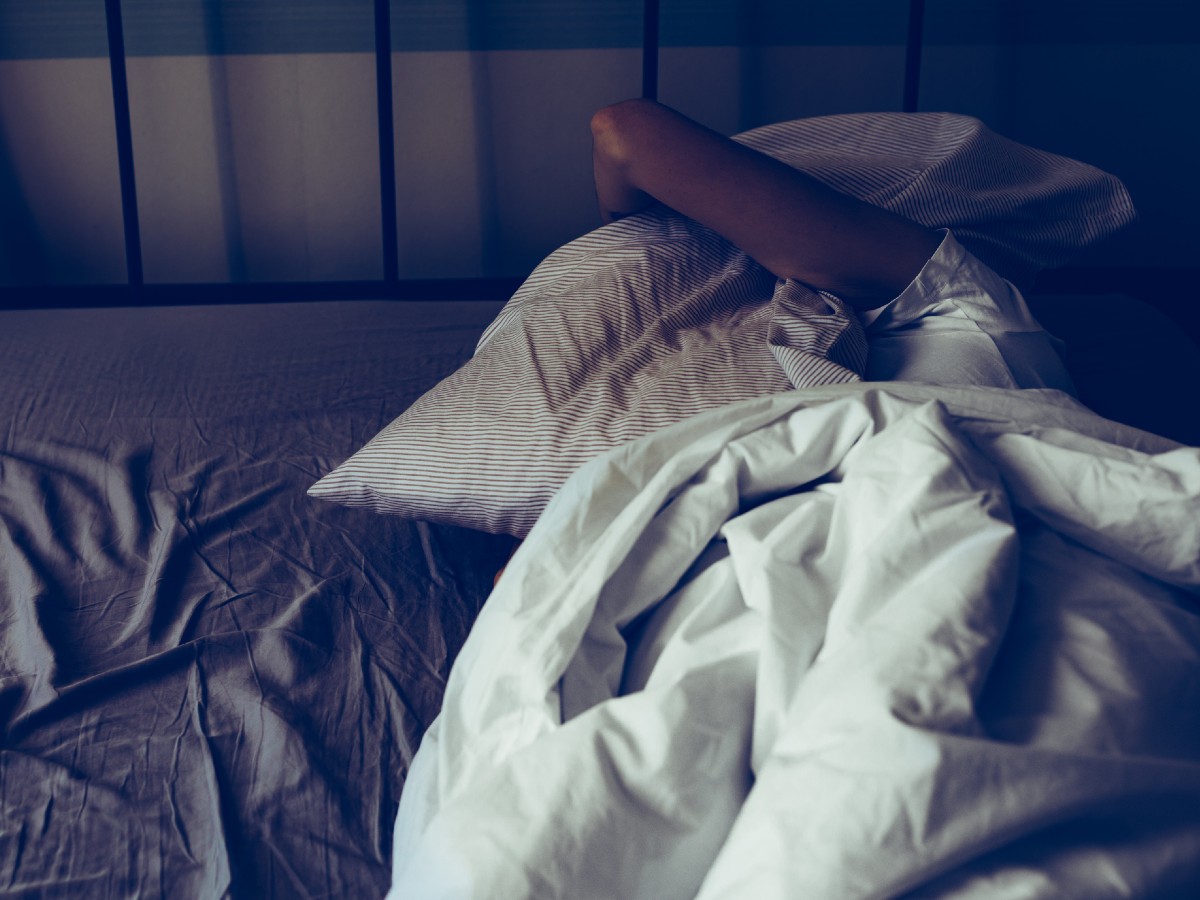

As temperatures drop, achieving a good night’s sleep becomes more difficult. Just as excessive heat can disrupt sleep in summer, sudden cold can have a similar effect, posing a challenge to restful sleep.
While the body needs to be relatively cool to fall asleep comfortably, an excessively cold room can jeopardize rest, making it hard to achieve the rejuvenating sleep required for thriving during the day.
However, the ability of cold to disturb your sleep doesn’t mean you can’t take specific measures to address potential issues. Here are the main ways in which cold affects our sleep and how to counter these problems.
**Struggling to Fall Asleep? 4 Common Mistakes**
Sleeping Well during Cold Months: Why it’s Harder and How to Remedy

1. It’s Harder to Fall Asleep
A too-low temperature can make it challenging to fall asleep because the body tends to constrict blood vessels to conserve heat, making it more difficult to reach the ideal body temperature for sleep.
If you are too cold during sleep, the body can alter its cardiac autonomic response, meaning the heart rate will increase, heightening anxiety and preventing the necessary relaxation for easy sleep.
Additionally, exposure to cold can influence the production of melatonin, the sleep hormone, disrupting the circadian rhythm and compromising the quality of nighttime rest.
Remedy:
Warm up before bedtime with a hot bath or shower and wear warm bedding such as thermal clothing, long pajamas, and soft socks. You can also experiment with electric blankets or low-energy heaters in the bedroom to create a cozier environment.
**Why It’s Important to Establish a Proper Sleep Routine**
2. Drafts can Cause Shallow Sleep
If your home is full of drafts, the quality of your sleep may be significantly affected. Cold drafts can disturb sleep, causing frequent awakenings during the night. This happens because drafts can lower skin temperature, causing the body to wake up at night to maintain an optimal temperature.
Interruption of deep sleep can lead to a feeling of tiredness upon waking and compromise the ability to face the day.
Remedy:
Seal any drafts in windows or doors to reduce the entry of cold air. Use heavy curtains or rugs to further insulate the room. Implement relaxation techniques such as deep breathing or meditation before bedtime to mitigate the negative effects of drafts on sleep quality.
**How Many Hours of Sleep Do You Need to Recharge Your Batteries?**

3. When it’s Cold, the Body Has to Work Harder
Pumping blood vigorously to stay warm throughout the night can strain your body and negatively affect sleep. While various studies have noted that cold has a better effect on overall sleep quality than heat, excessively low temperatures are problematic because they force the body to work harder to maintain a constant internal temperature.
The increased metabolic activity to counter the cold can lead to lighter sleep and a higher frequency of movements during the night, causing frequent awakenings.
Remedy:
Unfortunately, there’s not much you can do to naturally lower heart rate and blood pressure during the night, as it depends on the body’s natural response to room temperature. However, you can use lightweight layers of clothing to retain heat without overheating the body. If this isn’t sufficient, add extra blankets to your bed to ensure you stay warm.













